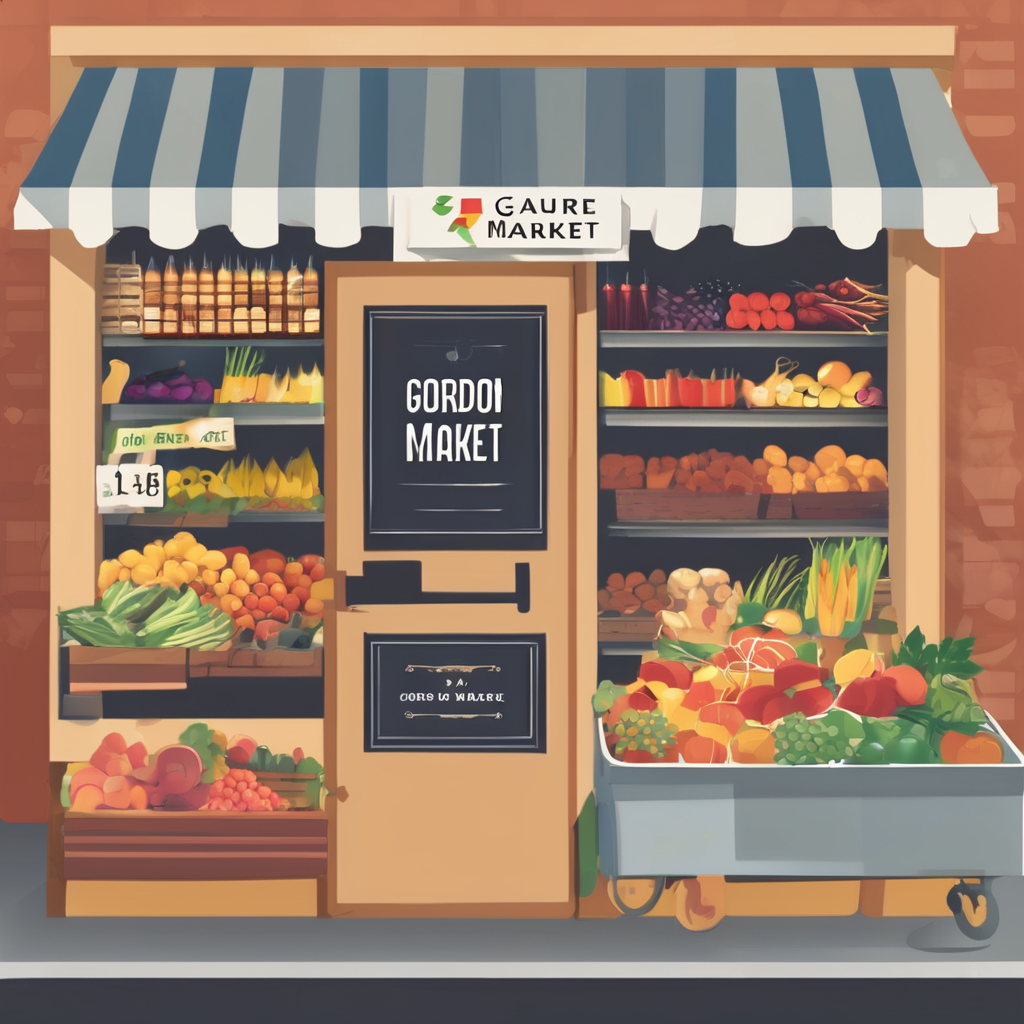Modern Influences Shaping British Culinary Innovation
British food trends are increasingly shaped by global influences, fostering remarkable culinary innovation. One key driver is globalisation’s impact on British cuisine, which has broadened access to diverse ingredients and cooking techniques from around the world. This expansion allows chefs and home cooks alike to experiment beyond traditional boundaries, enriching the British palate.
A notable aspect is the fusion of international ingredients and techniques. British kitchens now skillfully blend flavors and methods from Asia, the Mediterranean, and the Americas, creating dishes that are both innovative and familiar. The combination of spices, herbs, and cooking styles leads to unique culinary creations that reflect multicultural influences.
Topic to read : What are the new sustainable materials for UK kitchen cabinets?
As a result, the emergence of multicultural dining experiences has become a defining feature of the British culinary scene. These experiences do not simply serve international dishes but reinterpret British food through diverse cultural lenses, contributing significantly to evolving British food trends. This trend supports a dynamic food culture open to innovation while honoring global traditions.
The Role of Sustainability and Ethics in Food Trends
Sustainable food trends are increasingly central to British food trends, reflecting growing consumer awareness of environmental impact and ethical eating. Ingredient sourcing now prioritizes sustainability, with producers and chefs seeking out locally grown, seasonal, and organic produce to reduce carbon footprints and support biodiversity. This shift directly influences how menus are designed, emphasizing fresher, less processed ingredients aligned with sustainability goals.
Have you seen this : Discover the Best Heat-Resistant Fabrics for Your Perfect Grilling Apron Adventure
The rise of plant-based and ethical dining options represents a major development in sustainable food trends. More British consumers opt for vegetarian, vegan, or flexitarian diets driven by health, animal welfare, and sustainability concerns. Restaurants respond by innovating with plant-based alternatives, demonstrating culinary innovation that respects ethical eating principles while meeting diverse taste preferences.
Industry response to environmental concerns includes adopting practices like minimizing food waste, using eco-friendly packaging, and supporting fair trade. Food businesses increasingly commit to transparent sourcing to reassure consumers seeking ethical eating options. This commitment helps shape British food trends by embedding sustainability as a core value, driving lasting change in both production and consumption patterns.
Technology Transforming the British Food Scene
Advancements in food technology are at the forefront of driving culinary innovation within the British food scene. The adoption of cutting-edge kitchen equipment, such as precision cooking devices and smart appliances, enables chefs to enhance consistency and creativity in their dishes. These kitchen advances improve efficiency and allow for more experimental culinary techniques, pushing the boundaries of traditional British cuisine.
Digital platforms and apps are reshaping how consumers discover food and engage with dining experiences. From online reservations to personalized menu recommendations, technology facilitates easier access to diverse dining options and stimulates interest in novel culinary creations. This transformation encourages innovation by connecting chefs directly with evolving consumer preferences and trends.
Automation and artificial intelligence (AI) are increasingly integrated into restaurant operations, optimizing everything from inventory management to customer service. These technologies reduce human error and increase speed without sacrificing quality, allowing kitchens to focus more on innovation. The synergy between AI and culinary innovation supports the dynamic evolution of British food trends, making the food scene more adaptable and forward-thinking.
Changing British Consumer Preferences
British food trends are increasingly shaped by evolving consumer food preferences, particularly the demand for healthier and allergen-friendly options. This shift reflects greater public awareness of dietary needs and lifestyle choices, prompting restaurants and food producers to adapt menus accordingly. Clear labeling and the inclusion of diverse options — such as gluten-free, low-sugar, and allergen-sensitive dishes — ensure safety and satisfaction for a broad customer base.
Experiential dining is a crucial aspect of these changing preferences. Consumers now seek more than just taste; they crave personalised food experiences that engage multiple senses and offer unique interactions with cuisine. This trend encourages chefs to innovate with presentation, storytelling, and customization, transforming meals into memorable events tailored to individual tastes.
Transparency and traceability in food sourcing have also risen as priorities. British consumers increasingly want to know where their ingredients come from and how they are produced. This demand promotes openness within the supply chain and encourages ethical and sustainable practices, reinforcing consumer trust and influencing purchasing decisions. The emphasis on clear provenance aligns with broader food trends and supports informed, health-conscious choices.
Visionaries and Movements Leading Culinary Change
Visionary British chefs play a pivotal role in shaping culinary innovation by pushing creative boundaries and setting new trends in the food scene. These chefs blend technical mastery with imaginative approaches, often drawing on global influences and sustainability to redefine modern British cuisine. Their leadership inspires the industry and encourages experimentation.
Culinary awards and media recognition significantly amplify the influence of these chefs by spotlighting their innovations and raising public awareness. Prestigious awards create benchmarks for quality and creativity, motivating chefs to continuously evolve. Media platforms further spread their culinary philosophies and techniques, engaging wider audiences and fostering appreciation for innovative food culture.
Noteworthy grassroots and local food movements also contribute to transforming British food trends. These movements emphasize community-based sourcing, seasonal produce, and traditional practices adapted with contemporary sensibilities. By championing locality and authenticity, they support sustainable food movements that resonate with consumers seeking connection and meaning in their dining experiences.
Together, these chefs and movements act as catalysts for enduring change, blending passion and innovation to lead British culinary trends toward a vibrant, inclusive future.
